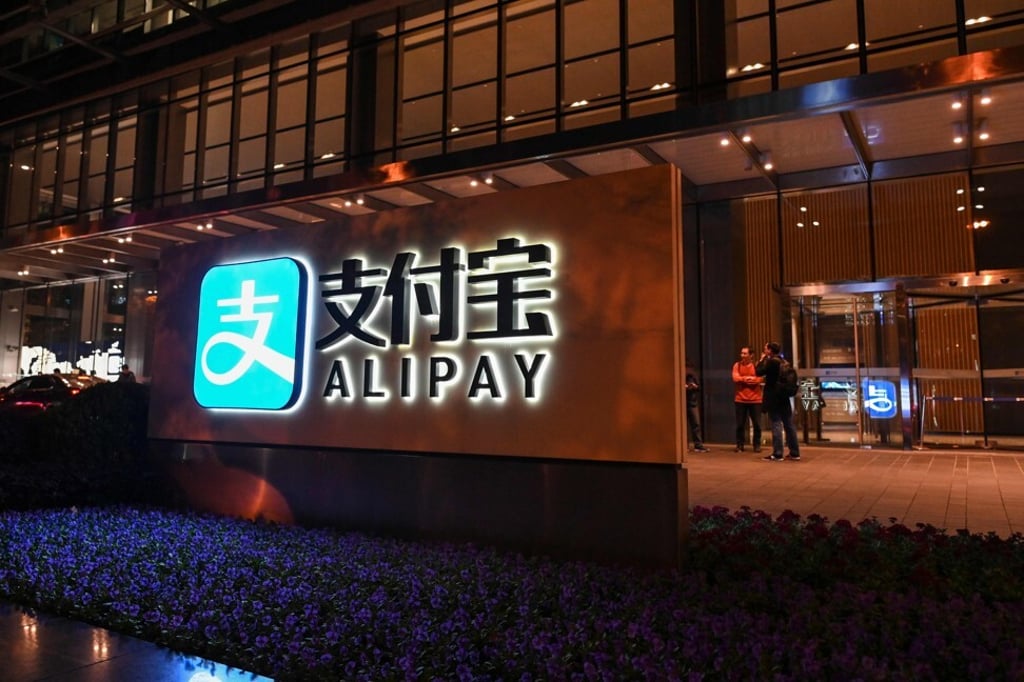Ant Group’s IPO delay leaves five mutual funds with US$9 billion in limbo, as potential first-day trading bonanza goes poof
- Ant’s shelving of the listing clouds the future fate of five Chinese mutual funds that were sold to the public to buy the giant’s IPO shares as strategic investors
- China Universal Asset and China Asset, among the managers of the five funds, say they have no plan on how they will deal with fundholders’ money

Ant Group’s unexpected and abrupt delay in its blockbuster initial public offering (IPO) has cast a pall over the fate of five Chinese mutual funds that otherwise would find themselves sitting on one of the biggest bonanzas of global finance.
China Universal Asset Management, China Asset Management and three other mutual funds allocated 10 per cent of the 60 billion yuan (US$8.9 billion) they raised in September towards buying yuan-denominated A-shares of Ant Group in Shanghai’s Star Market. With the US$39.67 billion dual listing called off, the fate of those funds are unclear.
Universal Asset and China Asset said they don’t yet have a plan to deal with the proceeds they raised, which would be returned to them by Ant Group with the postponement of the IPO, according to their media officials. Spokespeople at E Fund Management, Penghua Fund Management and Zhong Ou Asset Management could not be reached to comment.
The IPO suspension came as China’s financial regulators signalled their intention to tighten the regulatory requirements on online consumer loans, also known as microlending, and require lending platforms to pony up more registered capital before they can engage in consumer loans, Morningstar’s analyst Iris Tan wrote in a note.

“The suspension of the IPO is aimed to leave more time for Ant to further disclose related impacts on their business and valuation,” Tan said. “Foreign investors should bear in mind there are plenty of regulatory risks in China as the regulations are evolving to catch up with the rapidly growing fintech business.”